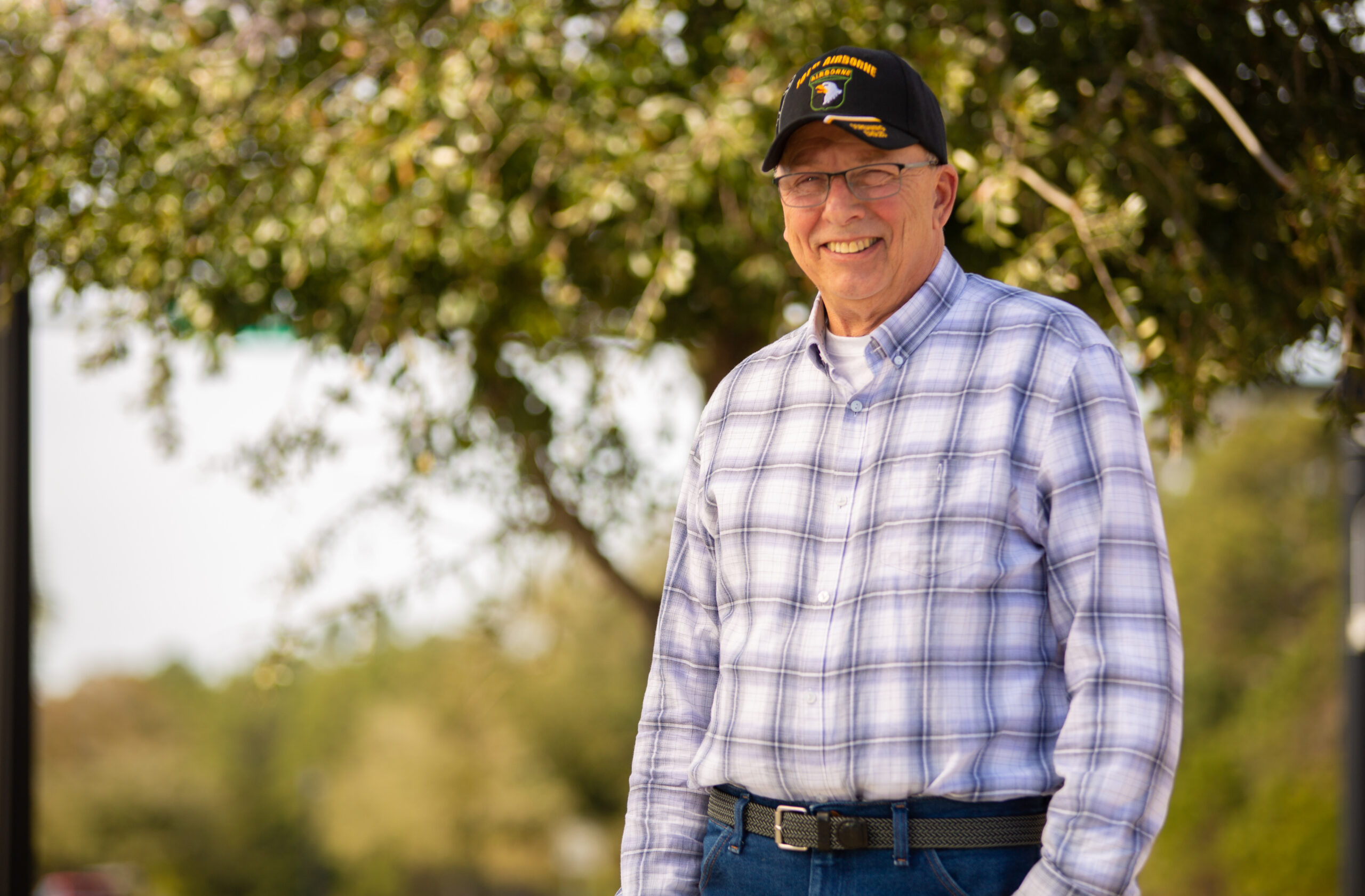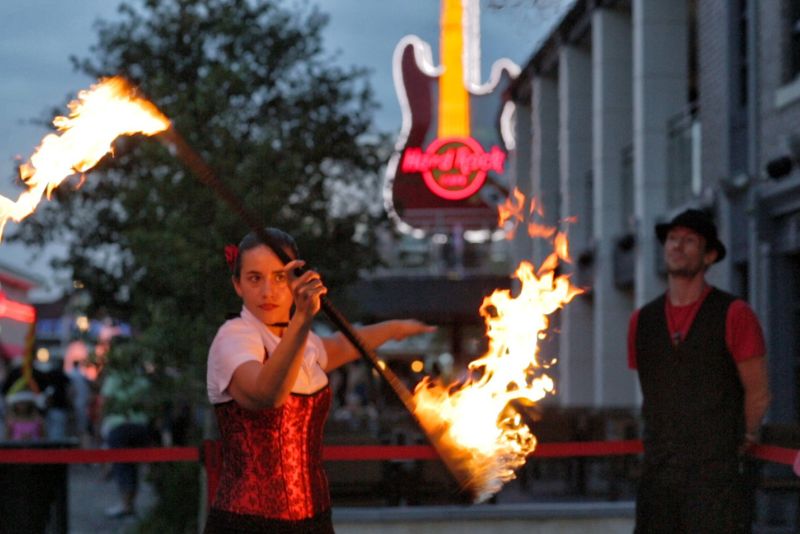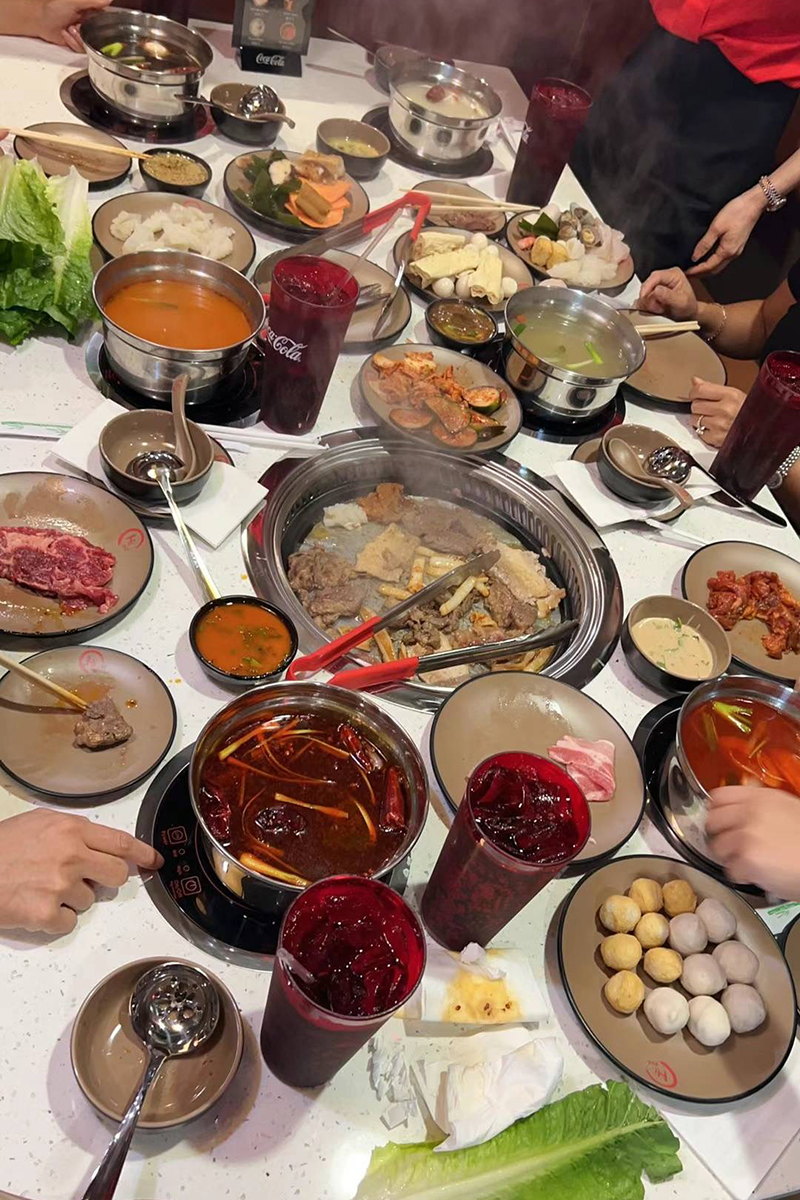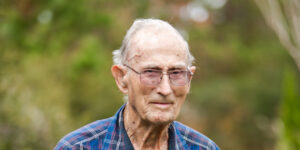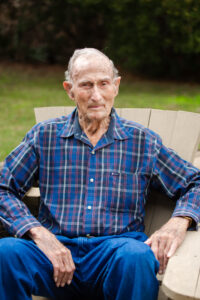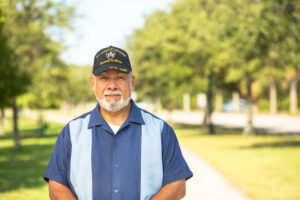101st Airborne and Battle of Ripcord Vietnam Veteran
Celebrate Our Veteran gives voice to the stories of the U.S. military veterans living amongst us. The actions of these brave and dedicated people, who have served our country both in active military duty as well as administrative positions, have and continue to contribute to the protection and preservation of us and our country.
We hope that this section of our paper is an opportunity for our community to hear and see veterans with new eyes, and for veterans to receive recognition and honor for their experiences and life journeys.
This month’s Celebrate Our Veteran recounts the story of Frank Marshall, as told in his own words. This is the final chapter of a two-part series, continued from last month. Click here to read Part 1.
by Melissa LaScaleia
“On June 8, we made contact with the enemy again. I was wounded that day; I got hit with shrapnel in the back. I was out of the field for two weeks.
Then I went back to the field and we got into more action. By this time, they’re really hitting us heavily all over. They’re hitting the companies around the firebase and on top of the firebase.
On July 22, my company was on a foothill right around firebase Ripcord. There were 76 of us. And in the morning, 400 North Vietnamese attacked us from three sides of the hill. We fought them for six hours.
They started by hitting us with mortars— a grenade type of explosive. As we dove off the sides of the hill, they were coming up. To give you an idea of what it was like, the hill we were on was so small that the Vietnamese on one side of the hill were throwing grenades at us and they were landing over us and hitting their own men on the other side.
One of the medics got hit on the ground, and as I was running over to help him, an explosion went off that knocked me about twenty feet away. I was a little shocked, but I was okay. I got up and ran back up the hill. And then I got hit in the arm with a piece of shrapnel. A medic came over to me, and started bandaging me up quickly, and I ran up the hill again, and that’s when I got wounded in the ankle. At that point, a guy grabbed me and said, ‘Get down, they’re dropping bombs on us.’
The North Vietnamese just kept coming. There were another four hundred Vietnamese right behind the first. We were overrun. So my captain called in air strikes from cobra gunships to drop bombs right over us, to hit the North Vietnamese. As they were dropping the last of the bombs right on us, the North Vietnamese were running away.
By the time it was over, out of the 76 of us, there were 14 dead and 56 wounded. Now it’s night, and we were on a hilltop so thick with trees, that there’s no way helicopters can come in to land and get us out.
We were surrounded by the enemy in the jungle with barely a dozen men that could fight. There were Navy ships off the coast that shot illumination flares into the sky so we could see, and the canisters from those flares were falling all night from the sky, and we had to keep cover from getting hit with them.
At 6am, I could hear the helicopters coming from Delta company. They got dropped off on another hilltop nearby, and had to march to us. When they got there, they blew explosives on all the trees so the helicopters could land. At the same time they were picking us up, they were evacuating firebase Ripcord.
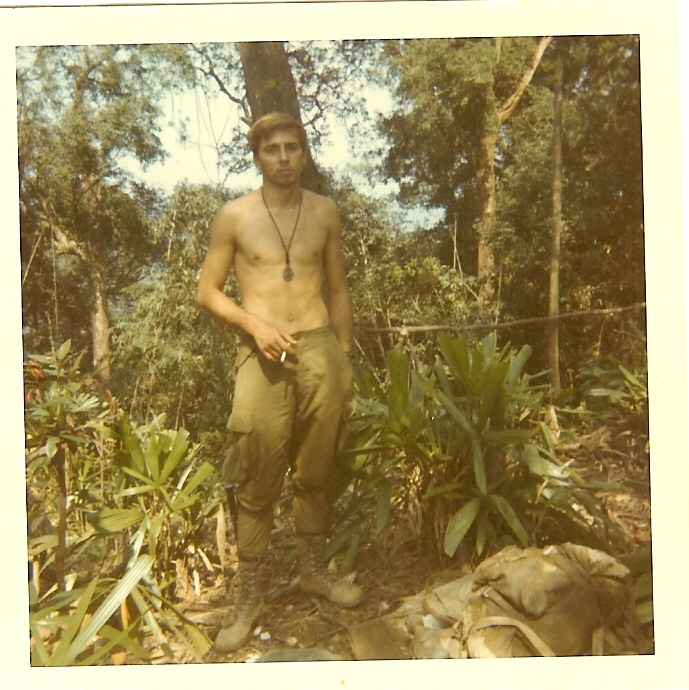
As we were flying out over the canopy, I’m scared to death. That was the worst. Because I knew that all the North Vietnamese were all around us, and I was afraid that someone was going to shoot down the helicopter and then we’d be stuck there with no help. It was the scariest and worst day of my life, and the most horrible thing I’ve ever experienced.
They sent me south to Cam Ranh Bay to the Airforce hospital. I was there for six weeks.
During the battle of Ripcord from March 12 – July 23, 168 Americans were killed, and over 1100 Americans were wounded. It was later listed as one of the top ten worst battles in Vietnam ever.
But the media was banned from covering the story because the 101st Airborne division, the generals, and the people who ran the territory, didn’t want any more controversy over the war. The controversy that ensued over the deaths and destruction from Hamburger Hill from a year earlier almost stopped the war— it made it all the way to Congress before it was rejected.
So nobody from the media was allowed to hear anything. They only published a small few sentences, that a company was overrun and fourteen were dead. And they heard that on July 23, Americans had to evacuate from a hilltop in Vietnam.
I turned twenty-one over there. I was just a scared little kid. It’s horrible that everybody that endured this battle, who died and was wounded never received recognition— that America never knew about it.
When they later ranked it among the top ten worst battles, they only counted from July 21-23. If they had counted from when it started, it would be the worst battle ever.
After my time in the hospital, I had three weeks left of my tour. I got sent back to Camp Evans, but I stayed in the camp, then I came home. The six men that I was with who weren’t wounded at Ripcord all got sent right back out into the field.
I was awarded two Purple Hearts, The Bronze Star with “V” device for Valor, The Bronze Star, and two Air Medals.
There’s one thing that I got out of this. There were half a dozen of us from my company who I stayed in touch with after I got home. And in 1985, we started an organization called The Ripcord Association, www.ripcordassociation.com.
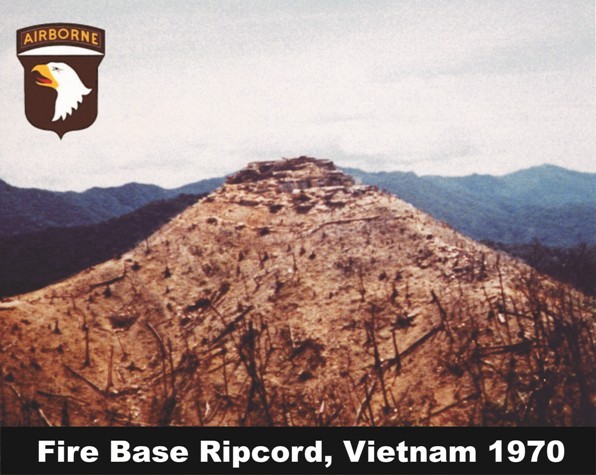
Through it, we got in contact with many who were in the Battle of Ripcord. We have the general that ran the battle, the infantry guys, the helicopter pilots, the cobra gunship pilots, the pilots that dropped the bombs on us that day; just about anybody that was involved in this battle.
Last October, we had a reunion in Myrtle Beach at the Sands Ocean Club. I met one of the guys that rescued me off Ripcord. He lives maybe twenty miles from me in Conway, SC, and that was the first time I had met him. Over the years, I’ve met more of the guys from the Delta company. These guys that rescued me, I love meeting them— they saved my life.
In 2000, the book, the Siege of Firebase Ripcord was written, and I’m included in it.
I don’t regret not going into the reserves with my friend; I served my time. We were all getting drafted, and the only way you could get out of it was if something was wrong with you, or you went to Canada. I wasn’t going to avoid it.
The whole time I didn’t think I’d go to Vietnam. And when I did, I just thought everything would be better. I just took my chances, and well, it was the worst of the worst, and I was scared as hell.
It’s not like I was this natural-born soldier. I was scared every day. I was lucky to have the guys I had with me. They were very good soldiers; they took care of me. And the friends I have out of it now, my deepest friends, are Ripcord veterans.
I never married when I was young. Then about six years ago, I met a woman, and we moved to Myrtle Beach four years ago. I just got married in April of last year and she’s the love of my life.
My friends and family, they all say how much I’ve changed since meeting her. Twelve of the guys from Ripcord were at my wedding. They came from California, New York, Maryland, Alaska, and New Jersey. It was just amazing. And I’m happier now than I ever was in my life.
It’s so awesome where I am in Myrtle Beach. I’ve never met people anywhere in all my travels who are so friendly and nice. The people in general respect veterans down here like I never saw in my life. It’s a great place to live.”


